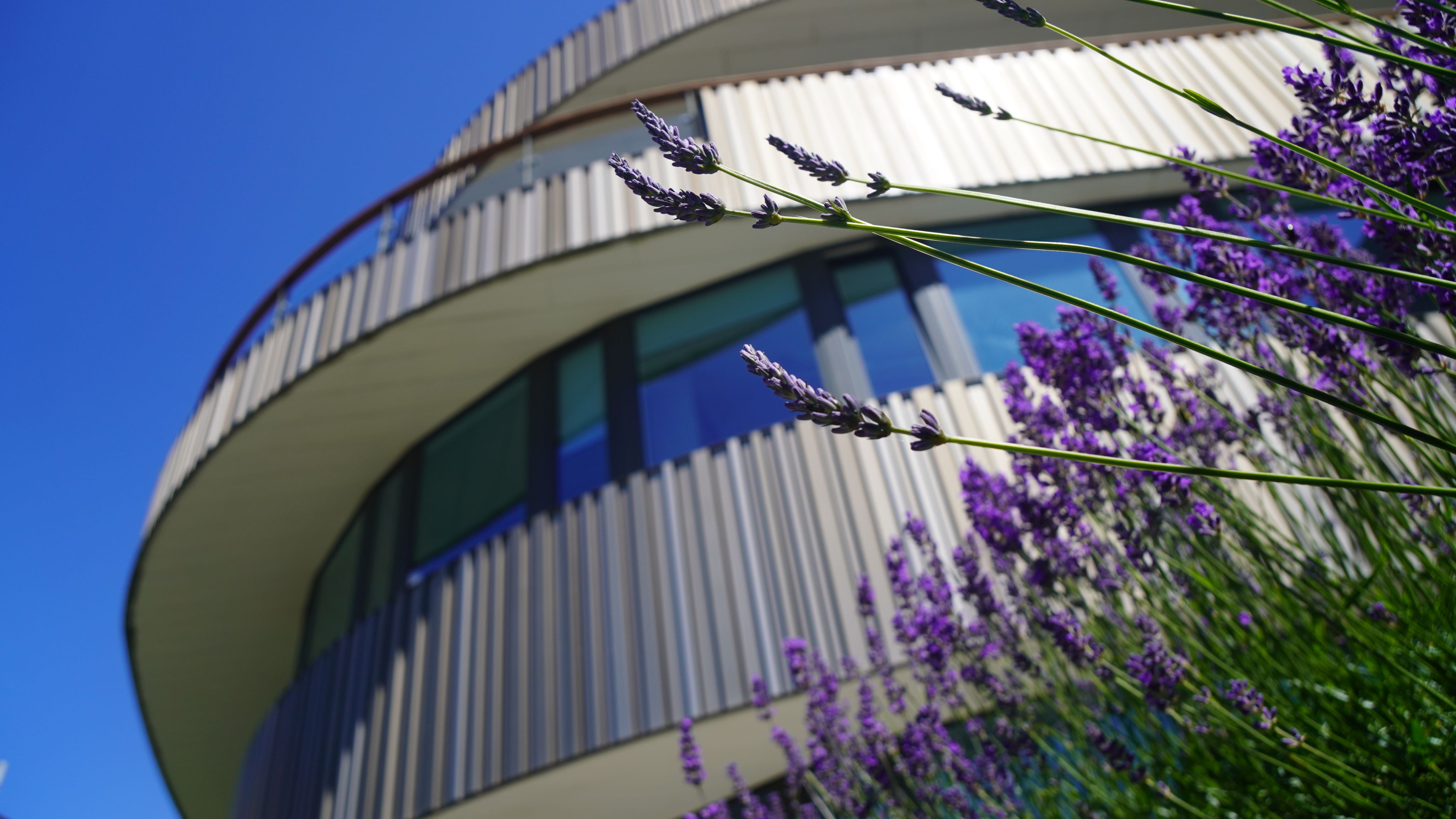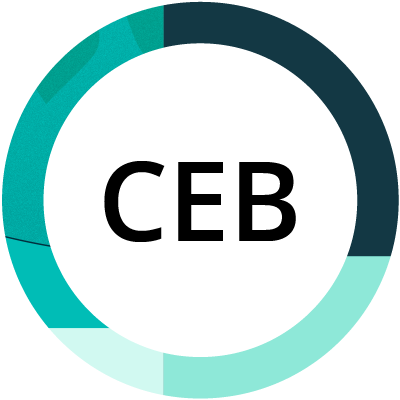Call for change
University of Cambridge colleagues look to bring equity to scientific publishing with Science Advances paper

Three colleagues from different University of Cambridge departments have come together to address a pressing issue in scientific publishing: the inequitable recognition of joint authors.
Professor Róisín M. Owens (Department of Chemical Engineering and Biotechnology), Liz Simmonds (Head of Research Culture), and George G. Malliaras (Department of Engineering) have published a paper calling for the academic community to reform how they handle author order in collaborative research.
The article, ‘Equality in publishing: Are joint authors truly equal?’, is published in Science Advances and highlights a longstanding problem where joint first and co-corresponding authors are not equally acknowledged, despite contributing equally. The authors argue that the asterisks denoting equal contribution are frequently overlooked, making the order of authors more influential than intended. This discrepancy often leads to unfair assessments in recruitment, promotion, and award processes, adversely affecting researchers' careers.
NASA’s SeaWiFS satellite captures a Saharan dust storm blowing 1000 miles into the Atlantic Ocean. SCIENCE ADVANCES / VOLUME 10 / ISSUE 30 / 26 JUL 2024
NASA’s SeaWiFS satellite captures a Saharan dust storm blowing 1000 miles into the Atlantic Ocean. SCIENCE ADVANCES / VOLUME 10 / ISSUE 30 / 26 JUL 2024
In fields like bioelectronics, where interdisciplinary collaboration is vital, this issue is particularly pronounced. To address this, the authors propose that joint first and co-corresponding authors be allowed to list their names interchangeably on CVs, websites, and promotion documents. This approach ensures fair recognition without being seen as unethical. They also suggest that emphasising author contribution statements over rigid author order could provide a clearer picture of each researcher’s role and promote a healthier, more collaborative research environment.
Professor Owens, Department of Chemical Engineering and Biotechnology (CEB) at the University of Cambridge, said: “Author order can have a huge impact on career prospects for authors, so there is enormous pressure for those coveted first and last positions. In the worst cases, discussions in lab groups and with collaborators can result in toxic authorship disputes and unpleasant work environments, which is highly stressful for early career researchers in particular.
“We also think there is an overreliance on first author publications as a measure of quality, and we want to see a shift towards evaluating contributions more fairly. This change is essential to fostering a fairer system that truly reflects the collaborative nature of modern research. We’re proposing an interim solution but in the long term the issue of authorship and how it’s evaluated needs to be challenged.”
By advocating for these changes, Simmonds, Malliaras and Owens are aiming to eliminate toxic authorship disputes and ensure that all contributors are justly recognised for their work.

